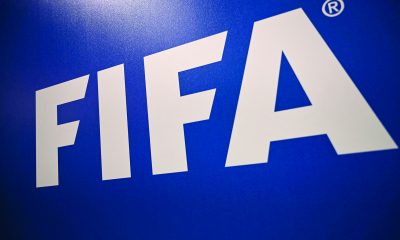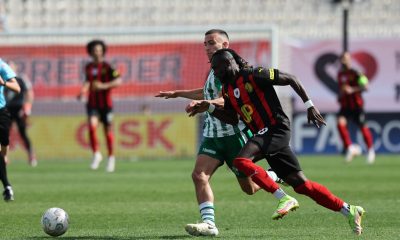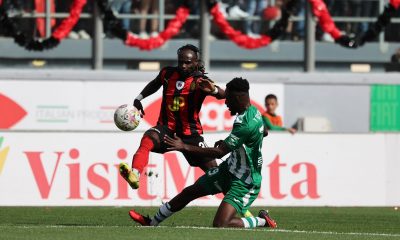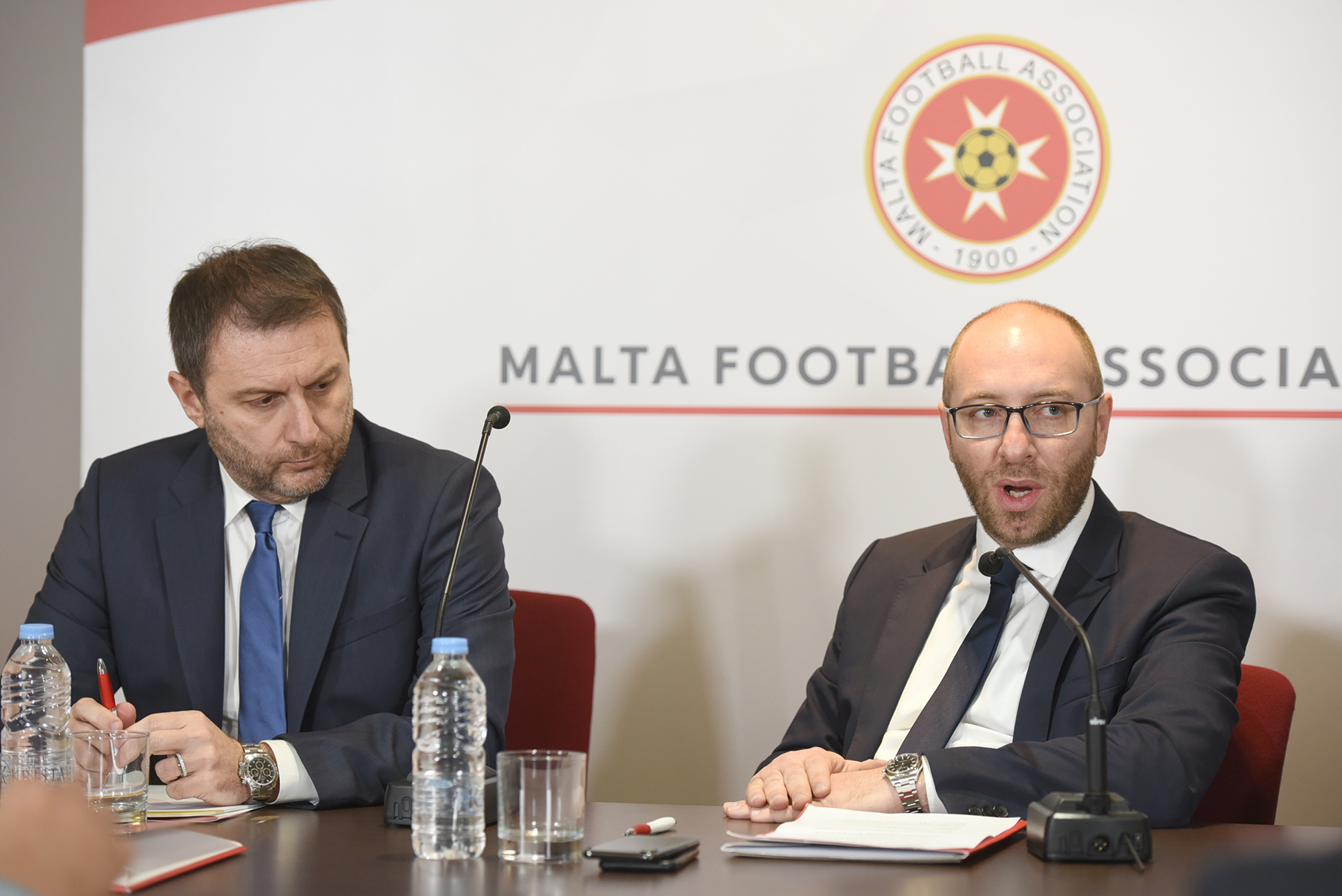
While the Maltese football community is currently waiting impatiently to know the future of the 2019-20 Premier League and FA Trophy, with decisions expected to be taken this week, the governing body has also been focusing on important matters and projects which go beyond the current campaign. Valhmor Camilleri spoke with president BJORN VASSALLO on the association’s preparations for future challenges ….
In the context of the COVID-19 pandemic, are the important technical projects proposed by the MFA following your election as president still on track?
“These are unprecedented times and there is no definite date when this pandemic will pass. In view of this, the best approach is to implement concepts that are viable even in the event that there are still existing cases of infection.
“When we decided to put forward several technical projects, everything was planned, both financially and resource-wise, but the scenario changed significantly.
“This situation called for a re-evaluation of the implementation of projects that are considered sensible and feasible in the circumstances.
“If we had to speak about the professional teams’ project, we had to conduct a thorough study on the logistical requirements and available resources.
“With our member clubs, we had agreed on all the principles but in a different landscape compared to today.
“The same applies to the FIGC and the Italian Lega Pro. We had signed a protocol with the former and made great progress in our discussions at every level vis-à-vis the championship, but their current situation is very difficult, more than ours.
“We need to give them time to overcome these difficulties and, if need be, we will postpone and give priority to the creation of the technical development arm, Inħobb il-Futbol Foundation, to strengthen the base in so far as youth development is concerned.
“When it comes to the Technical Centre, the work has continued thanks to the efforts of Devis Mangia, the Head Coach of the National Teams, with his team of coaches who form part of our technical structure.
“A lot of work has been done in the last weeks, including meetings with the Youth FA on the foundation and the long-term programming of grassroots and youth football in terms of curriculum, competitions and the development pathway.
“The Malta FA has also studied a reform of the Youth League which will hopefully be implemented from next season.
“I’m very satisfied with the professional work of the Technical Centre, led by Devis Mangia and the whole team.
“Mark Marlow and Pierre Brincat have also been working on strategic plans for the futsal and women’s football sectors respectively.
“All this work is aimed at improving the performances and results of the national teams and for this to materialise, we need coordination, starting with the domestic clubs.
“We are addressing this so that Malta will have a defined game philosophy and change the approach of our national teams in international football.
Will Covid-19 be an opportunity for the MFA to think about restructuring Maltese football, giving a different format to its championship, particularly the lower leagues?
“That’s correct. This enforced break has provided an opportunity wherein the key points of my manifesto, which has been adopted as the association’s strategy, are evaluated, leading to the eventual implementation of those proposals that are accepted.
“These include the presentation of restructured championships for the lower divisions of Maltese football.
“Many have long been saying that there are too many clubs participating in the senior competitions and there is no distinction between the licensing and sporting status.
“With the changes we are proposing, we will be creating a classification of the football clubs based on their status – professional or amateur.
“This will take place on three levels. Create one level of amateurs in terms of the sporting competition through the organisation of a National Amateur League that will be contested by almost half of the local clubs.
“This league will comprise community clubs that work and operate explicitly at youth development and community level.
“Secondly, undertake an extensive club licensing reform centred around three types of licences – professional, semi-pro and amateur.
“The licence will be in accordance with the level of football a club plays in and based on criteria that reflect today’s realities and needs.
“And finally, to introduce a club corporate structure with the aim of empowering the ‘big clubs’ that invest millions to turn into commercial companies. This would strengthen important aspects such as governance and sustainability based on models of best practices in other countries.
“Maltese football is heading towards a much-needed transformation to emerge from the abyss and stagnation which are preventing us from expanding like others have done.
“The proposed National Amateur League will feature other interesting and novel ideas, not only in terms of the traditional promotion and relegation issues and the mundane target of a trophy.
“Although the COVID-19 pandemic is affecting us financially as well as our day-to-day operations, disrupting most of our plans, the Malta FA didn’t hold back from making progress in the regulatory framework and in the analysis of other reforms, including that concerning the statute.
“These reforms will lead to better streamlining of the association and its members’ management and administrative structures.”
The maintenance of its stadia is surely an area of priority for the MFA. Has this work continued during the pandemic?
“The Malta FA runs the Ta’ Qali complex which, regardless of the circumstances, requires regular and on-going maintenance.
“A period like this means that extraordinary works can commence immediately instead of doing them in a restricted period of time during the summer.
“In the last weeks, extensive maintenance work has been carried out on the artificial lighting system of the Centenary Stadium and there was the transition from a local company to an international one with regards to the maintenance and upkeep of the pitches at the National Stadium and the Training Grounds.
“We have begun a new phase of maintenance of these pitches and purchased new machinery, thanks to the financial assistance from FIFA’s development programme, so that our pitches are maintained to the highest standards and offer a guarantee not only from an aesthetic point of view but also performance-wise.
“The pitches, both that of the National Stadium and the Training Grounds, where our national selections train and which are also used for sports tourism purposes, have been properly maintained at a significant cost.
“Other maintenance works are planned for the summer, including those related to the public zones at the Centenary Stadium.
“Over the past few weeks, extensive cleaning works have been conducted at our Ta’ Qali facilities and also in some of the regional stadiums that host MFA matches, including the Tedesco Stadium with maintenance works on the artificial light system at the latter venue.
“The replacement of artificial turf pitches at clubs’ facilities, a project, funded by the Government, was scheduled to commence during this period but this has been postponed for next year following discussions with Dr Clifton Grima, the Parliamentary Secretary for Youth, Sport and Voluntary Organisations.
“In the last 10 years, the MFA has spent more than €30m from its coffers in sports facilities in Malta and Gozo. This has left a key legacy, leading to a rise in participation of children at academies.
How do you think that the experience will change for both players officials and fans post Covid-19?
“Football does not exist in a bubble, it’s part of the outside world and as such, all stakeholders need to adapt to the new normality. This doesn’t mean that the game will change but perhaps it will require quite some time until we can enjoy it in the same way we used to.
“The MFA is celebrating its 120-year anniversary during an extraordinarily difficult year due to the coronavirus
“The association was founded in 1900. While 2020 marks our 120th anniversary, this year will unfortunately be remembered for the COVID-19 pandemic.
“Instead of coming together to commemorate this milestone, recounting the events and important moments, with all the ups and downs, and the emotions the game of football can offer, we are discussing whether an onerous medical protocol is sufficient to return to normality.
“Nothing is the same as before and even if we return to a semblance of normality, the precautions mean that the processes will be anything but easy and straightforward.
“After the 09/11 terrorist attacks, travel restrictions were introduced and things initially looked complicated. I expect the same to happen due to COVID-19.
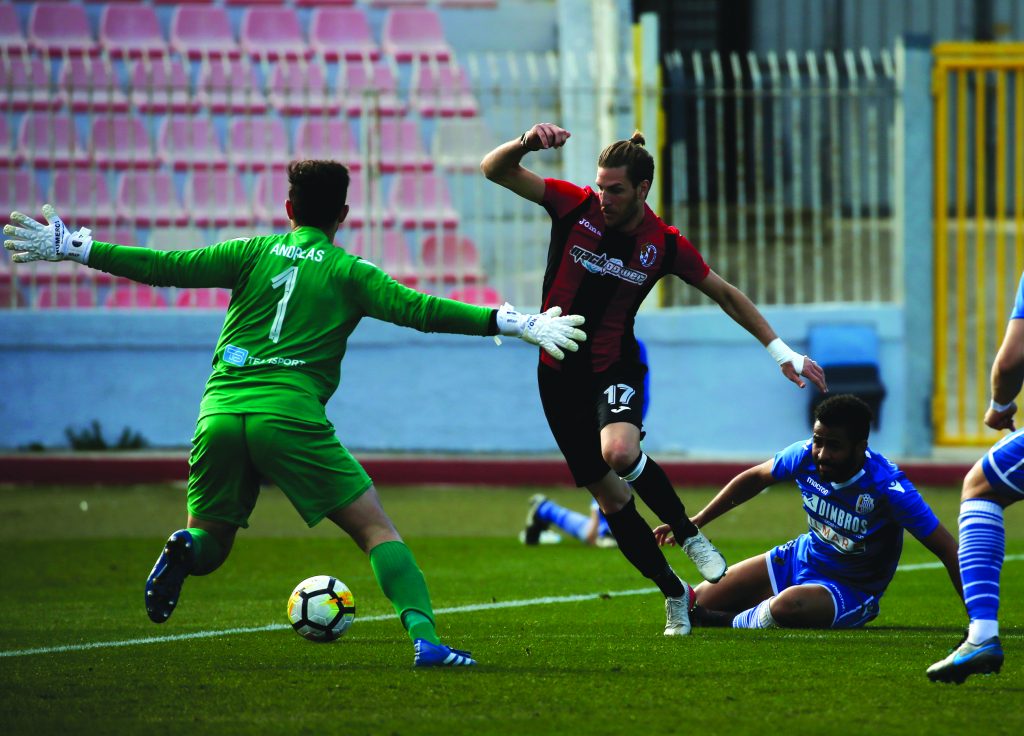
Everyone is talking about the decision-making process on the future of the domestic competitions. Who will decide on the league stoppage or resumption? And what about the verdicts?
“There is no room for confusion here. As it has always done, the MFA will act and take decisions within its structures.
“The safeguarding of the regulations, compliance with the UEFA guidelines and ensuring a transparent process are of paramount importance.
“The Executive Committee (a representation of the clubs from all divisions and members associations), elected at the last AGM, must decide on the resumption or termination of the BOV Premier League and FA Trophy, based on the directives of the health authorities and medical protocol and within the established deadlines by UEFA.
“Then the Council, which is made up of all the representatives of football in Malta and Gozo, will decide on the outcome of those competitions that would have been terminated.
“If the top-tier competitions can resume, the verdicts will be delivered on the pitch. A decision will be taken tomorrow.
“Finally, the decision-making will be dictated by the principles of ethics and integrity.”

World Cup News
-
FIFA World Cup
/ 5 days agoSaudi oil giant Aramco agrees major FIFA sponsorship deal
Saudi Arabia’s state oil giant Aramco and world football governing body FIFA on Thursday...
By AFP -
FIFA World Cup
/ 1 month agoSon scores but Thailand hold South Korea in World Cup qualifier
Son Heung-min scored but South Korea were held 1-1 at home by Thailand in...
By AFP -
FIFA World Cup
/ 2 months agoJapan-N. Korea World Cup game to stay in Pyongyang, JFA says
Japan’s World Cup qualifier against North Korea will be played in Pyongyang as planned...
By AFP -
FIFA World Cup
/ 2 months agoGerman ex-FA bosses on trial over World Cup tax evasion
Three German ex-top football officials went on trial on Monday in a 13.7-million-euro ($14.8...
By AFP

Winter Olympics
Watch: Geisenberger wins sixth Olympic medal to tie luge record

